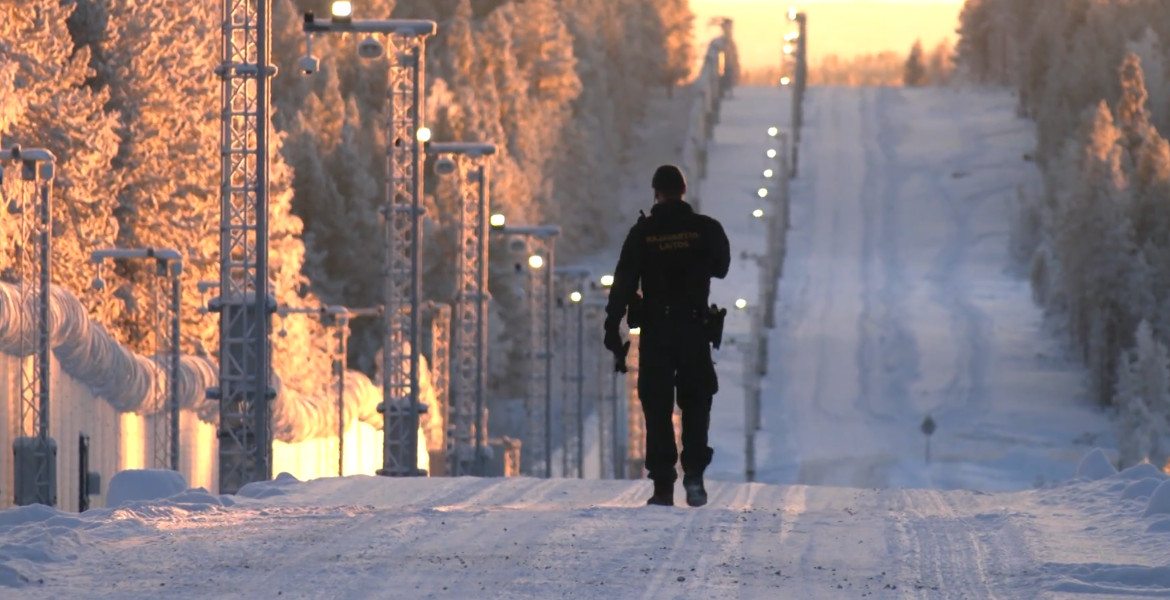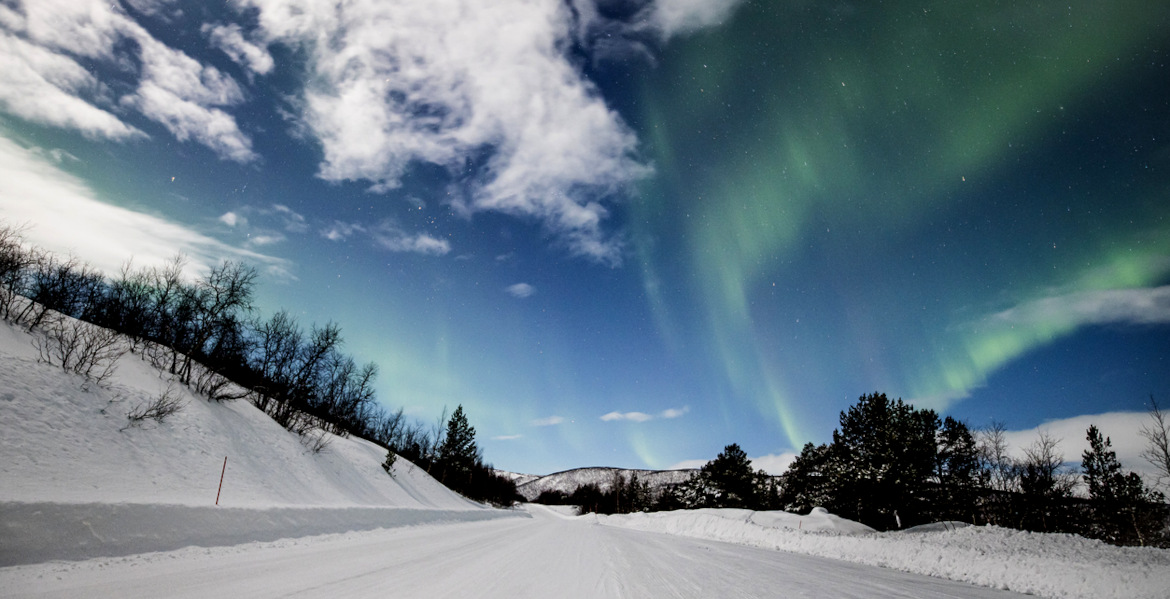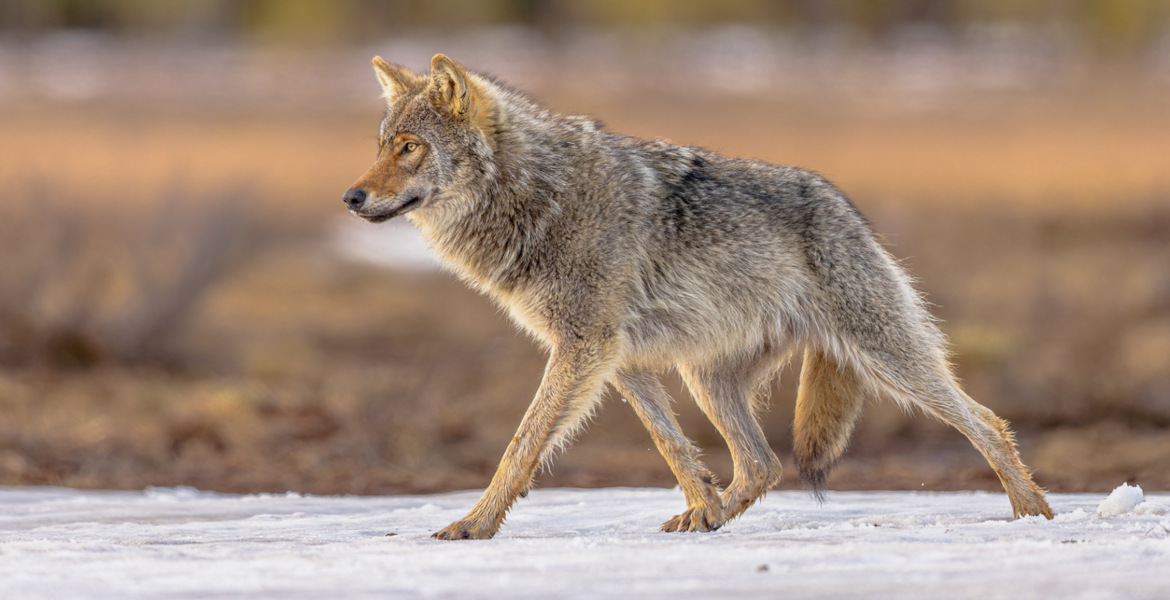On December 6, Finland celebrates its Independence day commemorating the Declaration of Independence from Russia in 1917. The day is marked by national ceremonies, cultural activities, and the Presidential Independence day reception held at the Presidential Palace in Helsinki.
Finland declared its independence from Russia on 6 December 1917. The declaration was made by the Finnish parliament, which voted to establish Finland as an independent republic. This followed a period of autonomy under Russian rule that began in 1809 when Finland became a Grand Duchy.

A central event of Finland’s Independence day is the Independence day reception, held at the Presidential Palace in Helsinki since its beginning in 1919. The event is attended by members of parliament, diplomats, and individuals who have contributed to Finnish society in areas such as business, culture and science. It is broadcast live on Finnish television, with a significant viewership each year, including a record 3.6 million viewers in 2017, marking Finland's 100th anniversary of independence.
President Alexander Stubb shared “I hope that as Finns celebrate Independence day, they reflect on what independence and self-determination mean to them. That’s why my wife and I chose 'together' as the theme for [the Independence day gala]”. “I would hope that the division could be forgotten, at least on Independence day, and that we could behave towards each other in a civilized manner”, he added.
The announcement follows plans for demonstrations in Helsinki by right- and left-wing groups, which police expect to draw thousands of participants. The 612 march - which is seen by some as a problematic manifestation of far-right extremism, and by others as a nationalist event highlighting patriotic values, and emphasizing the importance of freedom of assembly and speech - and the counter-protest “Helsinki without Nazis” are both scheduled to converge near Töölöntori. Chief Inspector Heikki Porola stated that police are monitoring the situation closely and taking measures to ensure public safety during the demonstrations.
In addition to the reception, several other events take place throughout Finland. The day begins with church services, including a special service at Helsinki Cathedral, and ceremonies at the Soldiers’ grave at Hietaniemi cemetery, where floral tributes are placed to honor those who died for Finland’s independence.
At 5 pm EET, the University students’ torch parade takes place, beginning at Hietaniemi cemetery and proceeding through central Helsinki to Senate Square. A tradition followed by many Finnish households is the lighting of two candles on window sills at 6 PM. According to a local legend, the candles were used as a sign to inform young Finnish men on their way to Sweden and Germany to become jägers that the house was ready to offer shelter and keep them hidden from the Russians.

In Helsinki, there are multiple cultural activities such as museum exhibitions, guided tours and the Christmas Market at Senate Square, which runs from 11 am to 8 pm EET. Museums such as the Military museum of Finland on Suomenlinna, Kiasma, HAM Helsinki art museum and Ateneum art museum offer special exhibitions throughout the day. There are also guided tours of the city, including the CityTour and various walking tours.
Special Independence day menus are served in many of Helsinki’s restaurants. Venues like Krog Roba and Kulosaaren Casino offer festive meals, while other local restaurants provide traditional Finnish dishes. Many cafés and shops, such as Café Ekberg and Fazer Café, also feature special offerings for the holiday.





